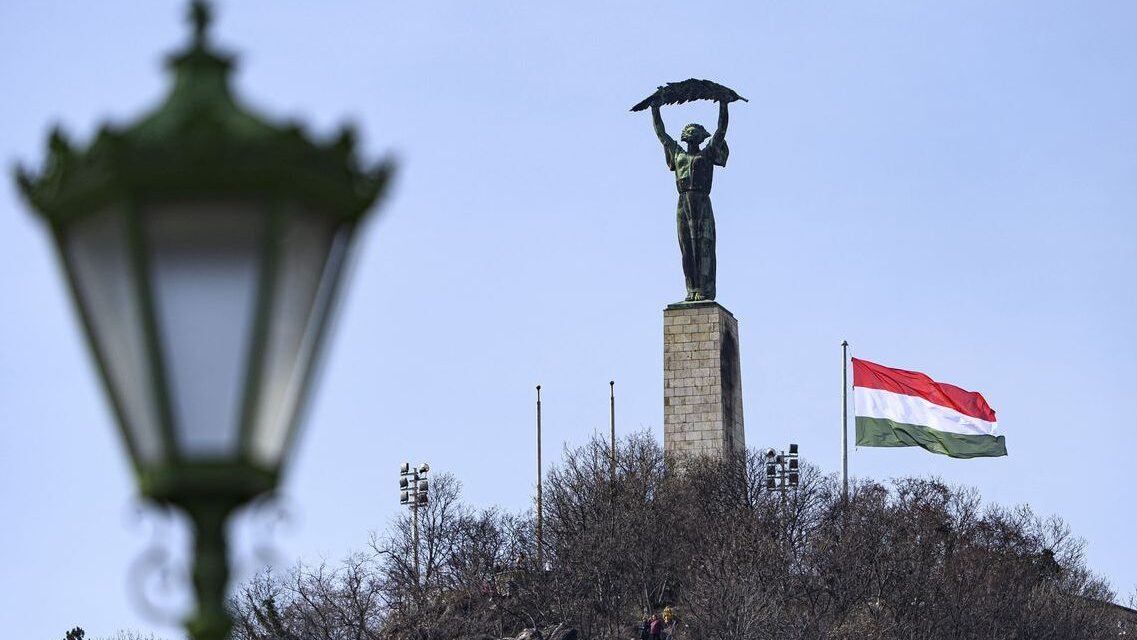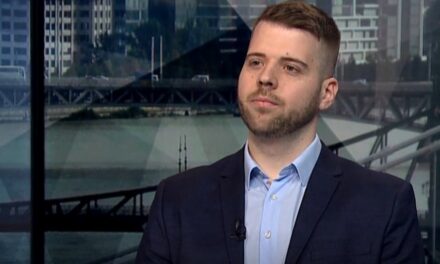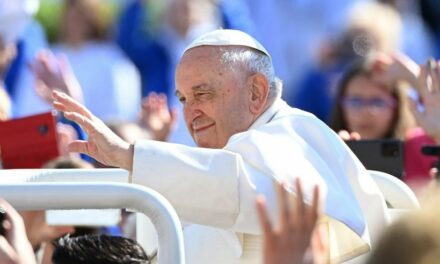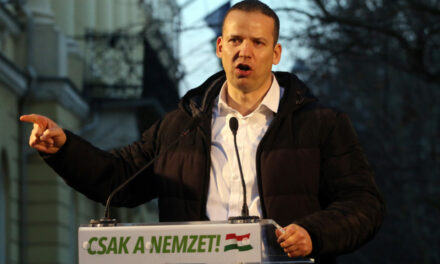According to the initiators, this crucifixion proposal is not only against the spirit of the statue, but also against the European values of freedom of religion and freedom of thought.
The management of the Széchenyi Academy of Literature and Art, as well as many artists, public figures and scientists submitted a referendum initiative to the Capital Assembly to prevent the placement of the cross on the pedestal of the Statue of Liberty - Mandiner the HVG article. According to the initiators, this proposal is contrary not only to the spirit of the statue, but also to the European values of freedom of religion and freedom of thought.
In the letter submitted to the Capital Assembly, they emphasize that although the cross is an important symbol in Christian traditions, it is inappropriate to use it for political purposes.
"The cross, the symbol of moral renewal, is a powerful symbol of the European tradition, but it is not meant to be recklessly and tastelessly flaunted as a political symbol"
says the letter. The authors also point out that the place of the cross is in churches, in places visited by believers, and not in public spaces where it would be placed according to political intentions.
According to the letter writers, the political use of the cross placed on the pedestal of the Statue of Liberty has come into conflict with the ideals of freedom of religion and freedom of thought countless times. They also remind us that the history of the Statue of Liberty is known to everyone, and to change or even distort its secular meaning would not be worthy of a democratic state. "The removal of the statue of the Soviet soldier from the monument was justified at the time to ensure a broader and more general interpretation of the concept of freedom; the current plan, on the other hand, would unacceptably narrow this concept" , say the signatories of the letter.
At the end of the letter, the initiators ask the Budapest municipality to ask the population in the form of a local referendum whether they support the planned change.
The initiative was supported by many recognized public figures, including Dóra Maurer, Győző Ferencz, Géza D. Hegedűs, Pál Závada and Mária Vásárhelyi.
Cover image: MTI/Zsolt Szigetváry













